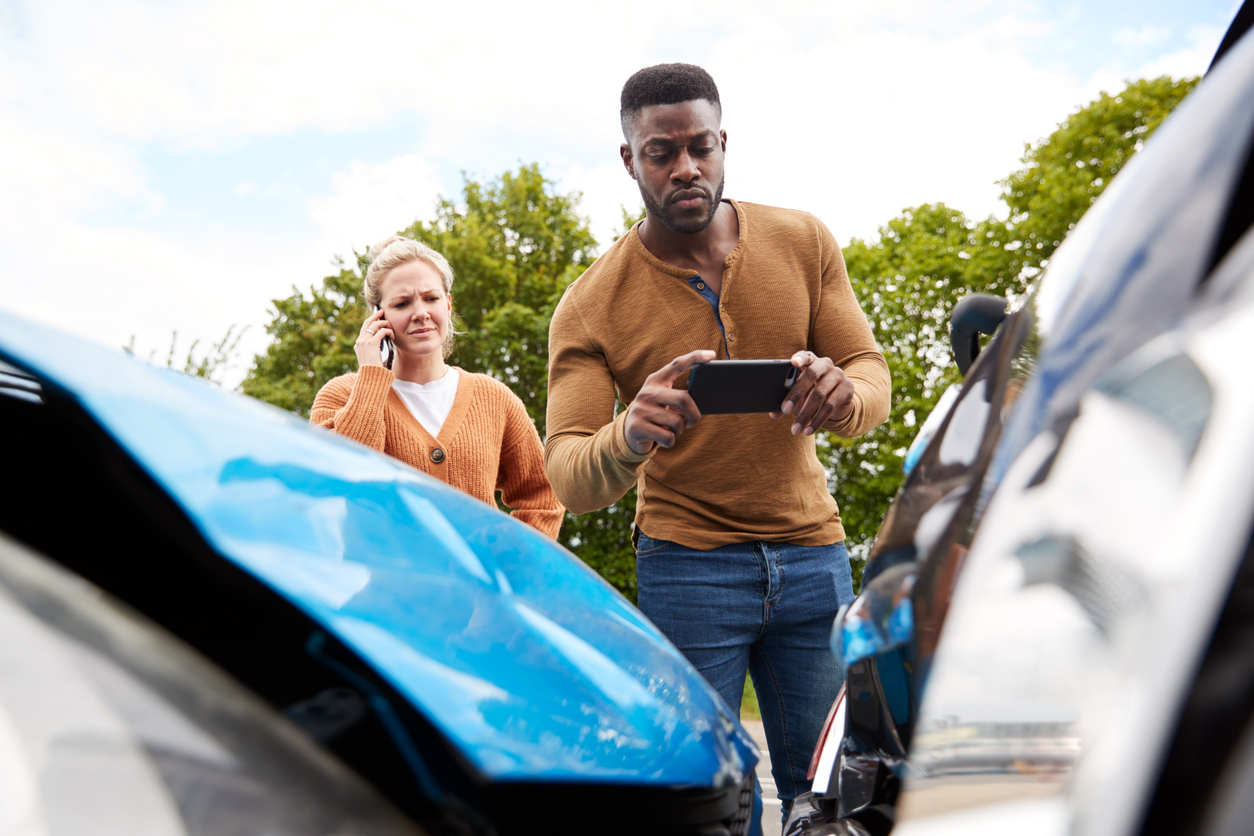Florida’s No-Fault Insurance: What It Really Means After a
Bill Allen | August 11, 2025 | Car Accidents

Florida is one of a few states that follow a no-fault insurance system for car accidents. This law affects how you file a claim, who pays for your injuries, and whether you can sue the other driver. If you were recently in a car crash, understanding how this system works is key to protecting your rights.
In this blog post, we break down what no-fault insurance means in Florida and your legal options.
What Does “No-Fault” Insurance Actually Mean?
Under Florida’s no-fault law, all drivers must carry at least $10,000 of Personal Injury Protection (PIP) coverage. This type of insurance is designed to cover your own medical bills and lost income, no matter who caused the accident.
Because of this system, most minor accidents are handled through your own insurance company. You usually don’t have to prove that the other driver was at fault to receive at least partial compensation for your injuries.
What Expenses Does PIP Cover?
Your PIP policy will typically cover up to 80% of your medical bills and up to 60% of your lost wages, up to the policy limit. However, it does not compensate you for non-economic damages like pain and suffering.
Keep in mind as well that:
- PIP only covers injuries, not vehicle damage.
- The $10,000 limit can be used up quickly if your injuries are serious.
- You must seek medical care within 14 days of the crash to use PIP.
Fortunately, Florida law has several exceptions to its no-fault rules that may allow you to pursue additional compensation through a separate claim.
Can I Still Sue the Other Driver After a Car Accident in Florida?
Yes, but only under certain conditions. Florida’s no-fault rules limit when you can file a personal injury lawsuit against the at-fault driver. As one example, you may be allowed to step outside the no-fault system and bring a claim if your injuries meet the state’s “serious injury” threshold.
You may sue the other driver if your injuries involve:
- Significant or permanent loss of a major bodily function
- Permanent injury (within a reasonable degree of medical certainty)
- Significant and permanent scarring or disfigurement
If one applies, you may be entitled to compensation beyond what PIP offers, including pain and suffering and other non-economic damages. Other exceptions to the no-fault rules may also allow you to pursue additional damages, such as if your case involves a drunk driver or if your losses exceed your PIP insurance policy limits.
What Should I Do After a Car Crash in Florida?
What you do after the accident can affect your ability to get full compensation.
Keep these steps in mind:
- Call 911 so that a police report can be made. This document may help support your claim.
- Exchange information with the other driver, but avoid discussing fault and do not apologize.
- If it is safe, take photos and collect evidence of the scene, your injuries, and the vehicles involved.
- Seek medical care right away. You must act within 14 days to use your PIP benefits, and medical records can help prove your claim.
From here, set up a free consultation with an experienced car accident attorney to learn about your best course of action.
Contact Our Gainesville Car Accident Law Firm at Allen Law Accident & Injury Lawyers in North Central Florida
If you need legal assistance, contact the Gainesville car accident lawyers at Allen Law Accident & Injury Lawyers at your nearest location to schedule a free consultation today, we’re open 24 hours daily.
We have three convenient locations in Marion County and Alachua County, North Central Florida:
Allen Law Accident & Injury Lawyers – Gainesville Office
2550 SW 76th St #150
Gainesville, FL 32608
(877) 255-3652
Allen Law Accident & Injury Lawyers – Downtown Gainesville
621 W University Ave
Gainesville, FL 32601
(866) 928-6292
Allen Law Accident & Injury Lawyers – Ocala Office
112 S Pine Ave
Ocala, FL 34471
(352) 351-3258

